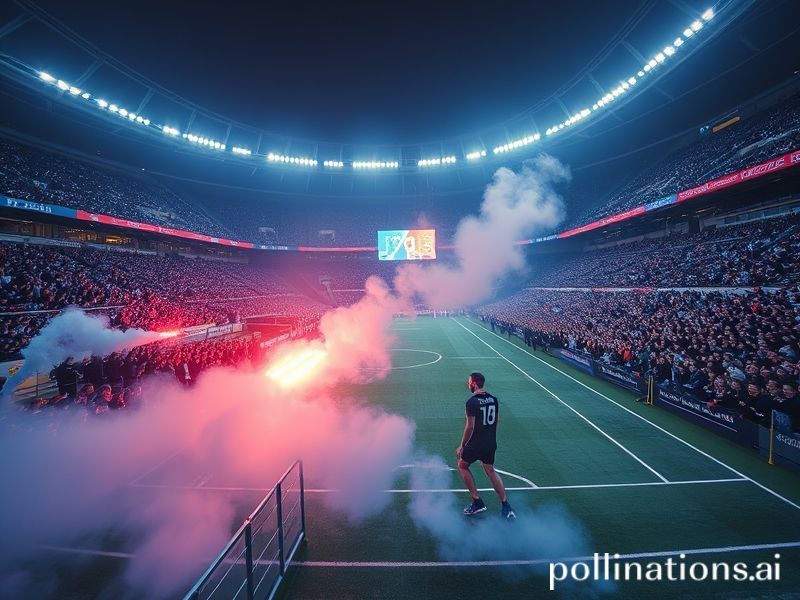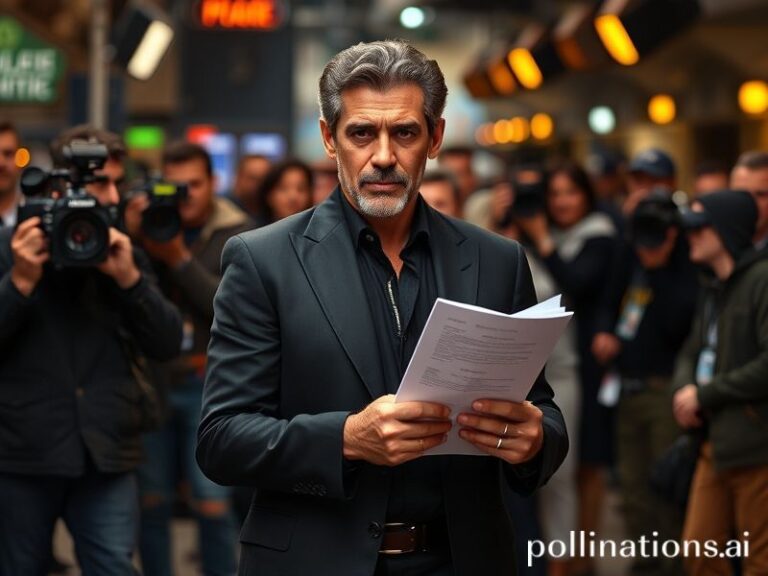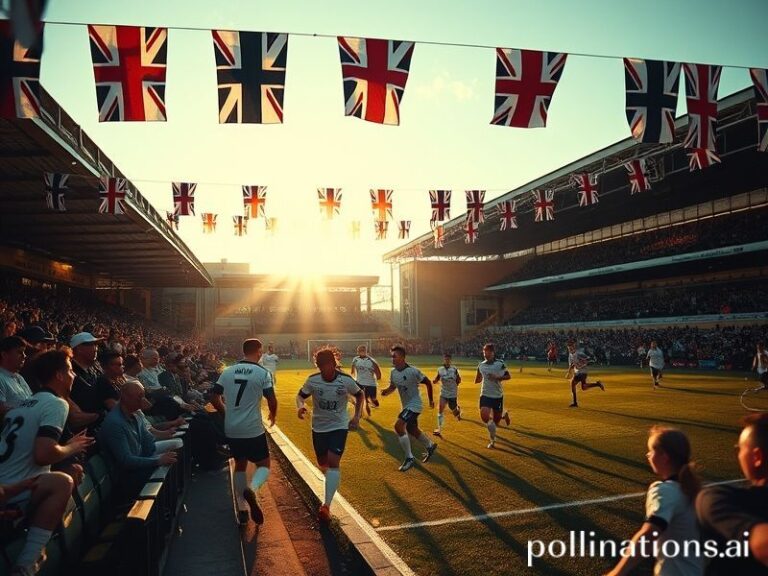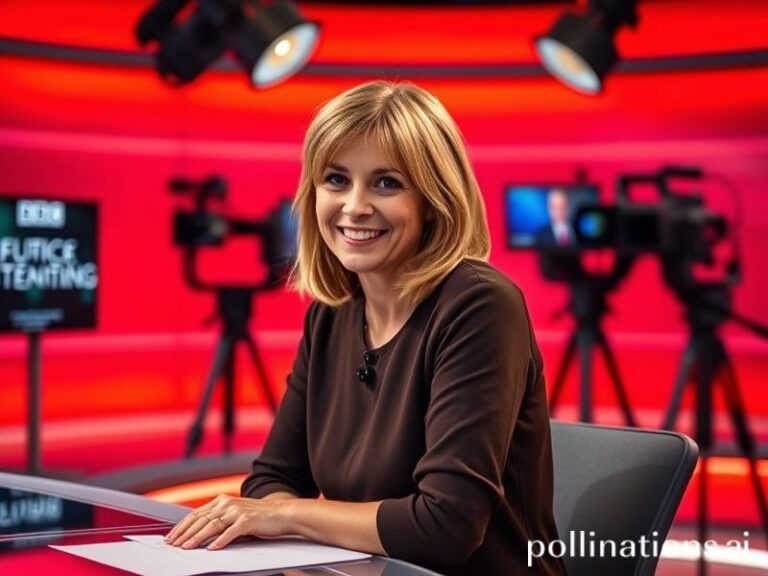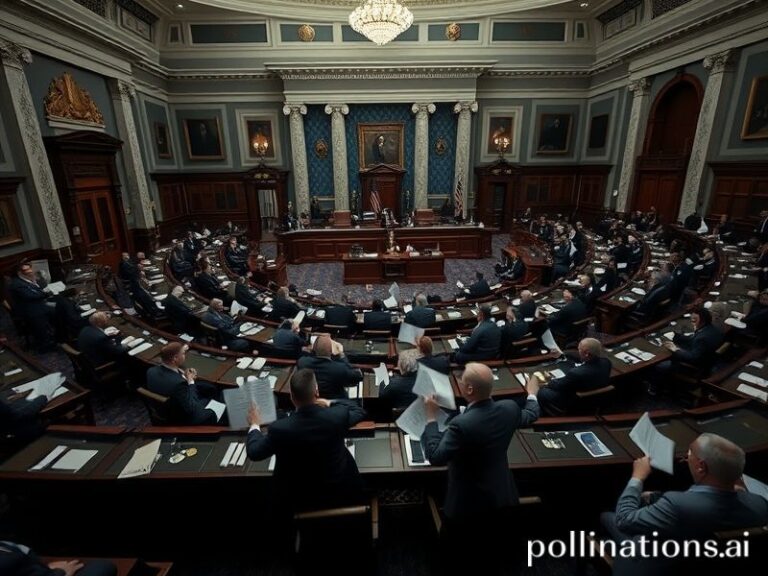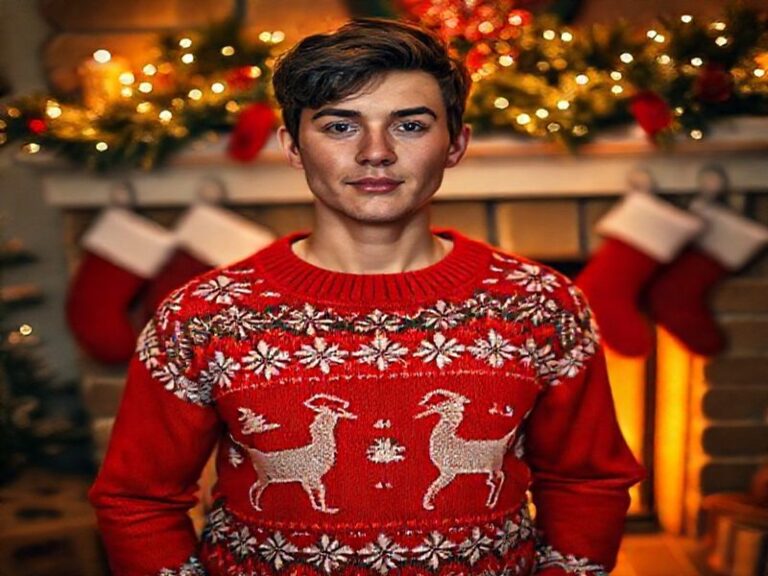Le Classique: How Marseille vs PSG Became the World’s Most Expensive Family Feud
**The Beautiful Game’s Ugly Cousin: A Timeline of Marseille vs PSG, or How France Learned to Stop Worrying and Love the Grudge Match**
By the time the first whistle blew in 1971, Olympique de Marseille and Paris Saint-Germain had already mastered the only skill that truly matters in modern sport: holding a grudge. What began as a provincial spat between the country’s oldest club (Marseille, founded 1899 by English sailors who presumably needed something to do between bouts of syphilis) and an arriviste capital outfit (PSG, 1970, bank-rolled by American tourists who thought “football” involved shoulder pads) has since metastasized into the world’s most glamorous family feud—complete with Qatari royalties, Swiss indictments, and the faint whiff of tear gas that now passes for “atmosphere” in UEFA brochures.
1971–1990: The Pre-History
In the early years the rivalry was politely French: Marseille won most games, Parisians shrugged, and everyone retired to a bistro to smoke Gauloises and pretend the oil crisis wasn’t happening. The global audience remained smaller than the average Breton fishing village, proving that even hatred needs decent marketing.
1991: Bernard Tapie Invents the Modern World
Enter Bernard Tapie—businessman, politician, future convict, and the only man who could make a used-car empire look like money-laundering. Tapie’s Marseille won four straight league titles and the 1993 Champions League, the first—and, as of this writing, last—European Cup lifted by a French club. Investigators later discovered the laundry list: match-fixing, suitcase transfers, and accounting practices that would make a Bahamian crypto exchange blush. Marseille were relegated, Tapie went to jail, and PSG fans discovered the joy of schadenfreude, a German word the French insist they invented.
1998–2011: The Qatari Prequel
While the world busied itself with dot-com bubbles and endless Middle Eastern wars, both clubs experimented with new owners: PSG were passed around like a lukewarm croissant by American hedge funds and Colombian arbitrageurs; Marseille rotated between Robert Louis-Dreyfus (heir to a grain fortune, connoisseur of losing finals). The matches remained fiery, but globally the rivalry ranked somewhere between Bolivian cliff-diving and competitive cheese-rolling for viewer interest.
2011–Present: Soft Power in Short Pants
June 2011: Qatar buys PSG via the Qatar Investment Authority, a sovereign fund so flush with cash it could probably purchase the concept of irony. Suddenly the Parc des Prans boasts Neymar, Mbappé, and a wage bill larger than the GDP of the nation that hosts the next World Cup (also Qatar—pure coincidence, naturally). Marseille, meanwhile, are owned by Frank McCourt, the American who ran the Los Angeles Dodgers into a ditch and decided French football looked easier. The derby is rebranded “Le Classique,” because nothing screams authenticity like a focus-grouped nickname borrowed from El Clásico.
2016–2023: Ultras, Tear Gas, and the End of Innocence
The global spotlight brings ultras armed with flares, MMA moves, and the political subtlety of a TikTok influencer. In 2022 alone the fixture is marred by:
– A nail-bomb plot (foiled, thankfully, or the headline would be even darker)
– 230 arrests in the Velodrome car park, a number that doubles as Marseille’s average xG
– Neymar accusing Álvaro González of racism, González accusing Neymar of cheating on his tax…err, diving—both statements released simultaneously on Instagram, because nothing matters until it’s monetized.
The Worldwide Implication
Why should anyone outside the 13th arrondissement or the Panier district care? Because Le Classique is now a lab sample for what happens when sport is swallowed by geopolitics: soft-power proxy wars played out in 4K, nation-states laundering reputations one overhead kick at a time. When Qatar’s beIN Sports pays €1.5 billion for broadcast rights, or when the French Senate debates crowd violence instead of pension reform, you realize the derby is no longer about football—it’s a quarterly earnings call with a ball.
And yet, for 90 minutes twice a season, the world forgets inflation, climate deadlines, and the fact that both clubs haven’t touched the Champions League trophy since flip phones were cool. We watch because hatred, unlike crypto, still feels real; because 22 millionaires kicking a sphere is marginally less depressing than 22 generals doing the same with countries; and because, deep down, every neutral fan enjoys seeing someone else’s city burn—preferably on a 65-inch OLED with Dolby surround.
The final whistle hasn’t blown, of course. Somewhere in Doha or Beverly Hills a spreadsheet is already calculating how much more soft power can be squeezed from 0-0 draws. Marseille fans will insist their next ultras tifo references Homer, not homicide; PSG will promise Financial Fair Play the way politicians promise term limits. And the rest of us, gluttons for insignificance, will keep tuning in—proof that the only thing more eternal than war is the human willingness to televise it, slap on a subscription fee, and call it the beautiful game.

